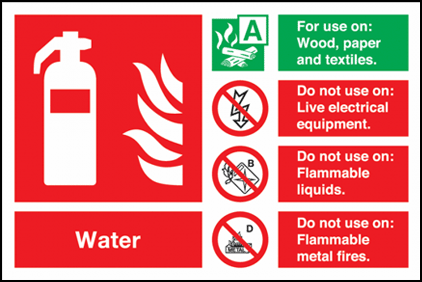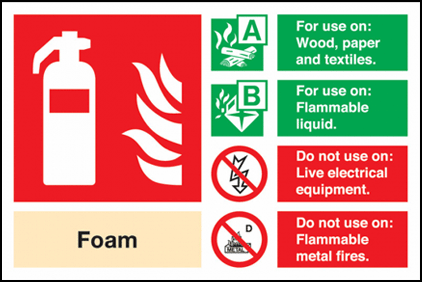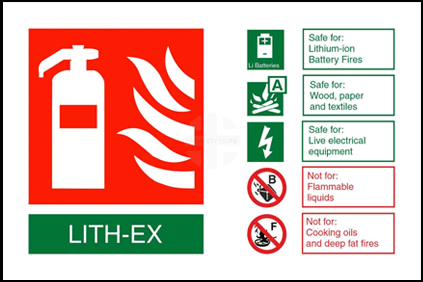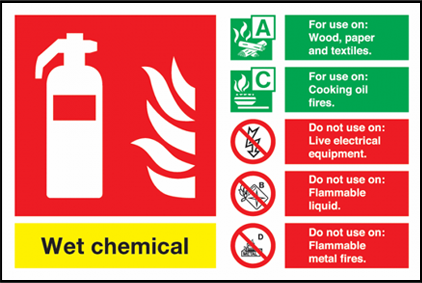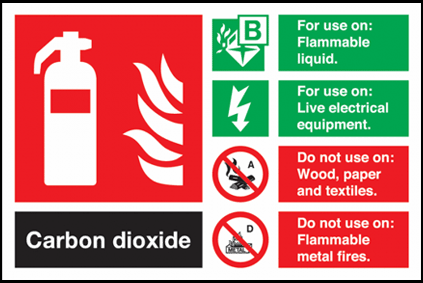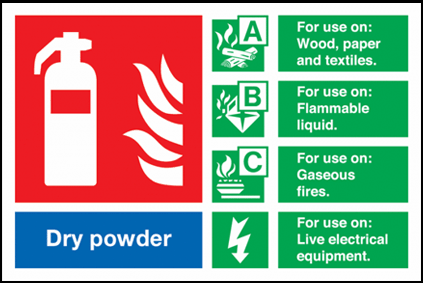In the hospitality and tourism industry, which includes hotels, restaurants, and event venues, ensuring the safety of both guests and staff is of utmost importance. With large numbers of people gathered in confined spaces and often unfamiliar surroundings, the risk of fire poses a significant threat. Fire safety solutions, such as fire extinguishers, alarms, and smoke detectors, are essential for both emergency preparedness and compliance with strict safety regulations. Proper fire prevention measures help protect lives, property, and the reputation of businesses in this highly customer-focused industry.
Fire Hazards in the Hospitality and Tourism Industry
Various fire risks are present in hospitality settings, often due to the nature of their operations and the diverse facilities they manage:
- Kitchen Fires: Restaurants and hotel kitchens are high-risk areas for fire due to the use of cooking equipment, open flames, and hot surfaces. Grease and oil can ignite quickly if not handled properly, making commercial kitchens a primary concern for fire safety.
- Electrical Fires: Hotels, event venues, and restaurants rely on extensive electrical systems to support lighting, air conditioning, heating, and entertainment systems. Overloaded circuits, faulty wiring, or malfunctioning equipment can lead to electrical fires.
- Candles and Open Flames: Some hospitality venues use candles or open flames for ambience or during special events, creating potential fire hazards if left unattended or improperly monitored.
- Decorations and Fabrics: Many hospitality settings use decorations, curtains, and upholstery that can be highly flammable, especially if not treated with fire retardants. These materials can quickly ignite and spread fire throughout the venue.
Essential Fire Safety Solutions
Implementing robust fire safety measures is vital in the hospitality and tourism industry to minimize fire risks and ensure quick and efficient responses in the event of an emergency. Key fire safety solutions include:
- Fire Extinguishers: Every hospitality establishment should have fire extinguishers installed in strategic locations, such as near kitchens, guest rooms, and high-traffic areas. Staff must be trained to use extinguishers effectively, as fires in kitchens or electrical systems may require different types of extinguishers (e.g., CO2 for electrical fires and Class F for kitchen grease fires).
- Smoke Detectors and Fire Alarms: Installing smoke detectors and fire alarms throughout the building ensures early detection of fires, allowing guests and staff to evacuate safely. Fire alarms should be tested regularly to ensure they are fully functional, and systems should be integrated to alert the local fire department automatically.
- Sprinkler Systems: Sprinkler systems play a critical role in fire suppression by automatically releasing water when a fire is detected. Hotels, event venues, and large restaurants should have sprinkler systems installed, especially in high-risk areas like kitchens or banquet halls.
- Fire Doors and Exits: Fire doors help contain fires and prevent them from spreading to other parts of the building. Clear signage for fire exits is also essential, allowing guests and staff to quickly locate emergency exits. Fire exits must remain unobstructed and easily accessible at all times.
Emergency Preparedness and Staff Training
Equipping hospitality staff with the knowledge and skills to handle fire emergencies is as important as having the right fire safety systems in place. Key preparedness strategies include:
- Staff Training and Fire Drills: Employees should be trained on how to respond to fire alarms, including how to use fire extinguishers, where fire exits are located, and how to safely evacuate guests. Regular fire drills help ensure staff know how to act quickly and efficiently in an emergency.
- Guest Evacuation Plans: Clear evacuation plans should be visible in guest rooms, hallways, and common areas, providing guests with instructions on how to evacuate in case of a fire. For venues hosting large events, brief announcements regarding emergency exits can help ensure all attendees are aware of safety procedures.
- Special Needs and Accessibility: Hotels and event venues should have plans in place to assist guests with disabilities or special needs during an evacuation. This includes ensuring that emergency exits and escape routes are accessible for individuals with mobility challenges.
Fire Safety Regulations and Compliance
The hospitality industry is subject to strict fire safety regulations to protect guests, staff, and property. Compliance with these regulations is critical for business operations and customer trust. Key compliance considerations include:
- Building Codes and Safety Standards: Hotels, restaurants, and venues must adhere to local building codes and fire safety regulations, which may require specific fire safety systems such as smoke detectors, fire alarms, and sprinklers. Regular inspections by fire safety authorities ensure that these systems are up to standard and functioning correctly.
- Occupancy Limits: Event venues and restaurants must monitor and enforce occupancy limits to prevent overcrowding, which can make evacuation more difficult in the event of a fire. Compliance with occupancy limits is an essential aspect of fire safety planning.
- Fire Safety Certificates: Hospitality establishments are often required to obtain fire safety certificates as proof of compliance with fire safety regulations. This includes ensuring that fire alarms, extinguishers, and other safety equipment are regularly maintained and meet safety standards.
Conclusion
In the hospitality and tourism industry, where the safety and comfort of guests are paramount, fire safety cannot be overlooked. Hotels, restaurants, and event venues must implement comprehensive fire prevention strategies, including the use of fire extinguishers, alarms, and sprinkler systems. Additionally, staff training, emergency preparedness, and strict adherence to fire safety regulations ensure that guests and employees are well-protected in the event of a fire. By prioritizing fire safety, hospitality businesses can maintain the trust and confidence of their guests while ensuring a safe environment for all.
